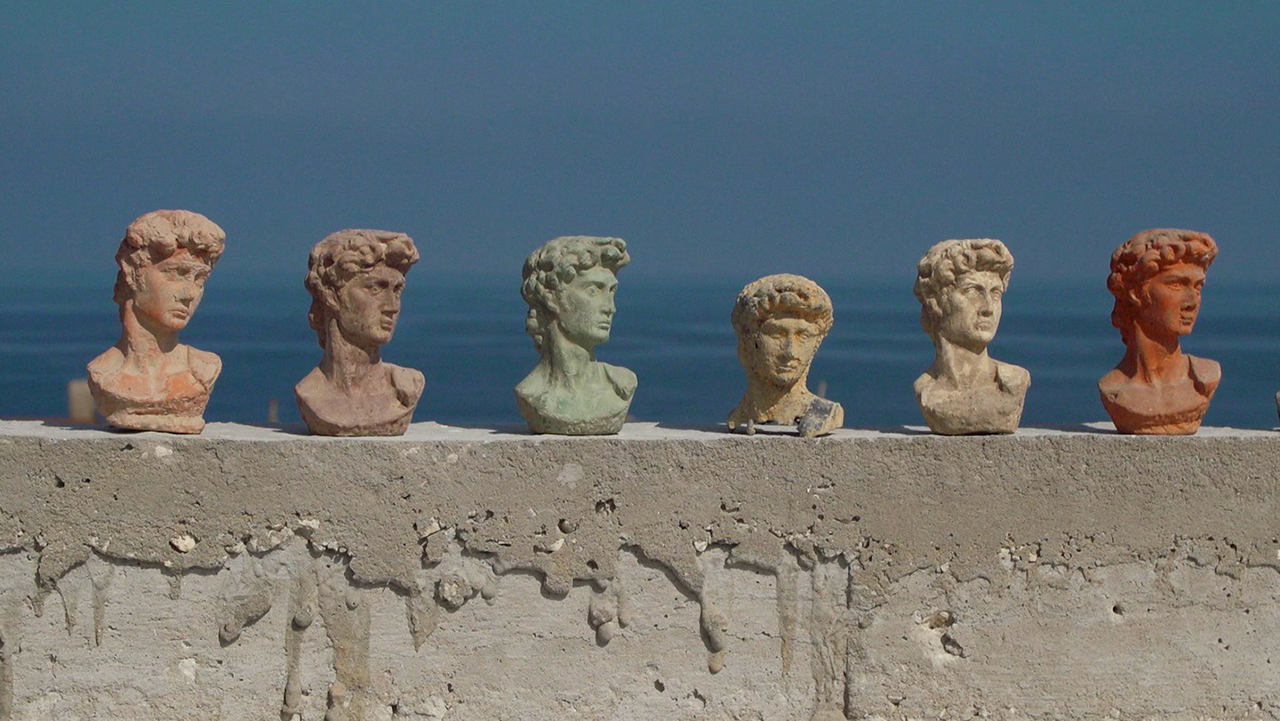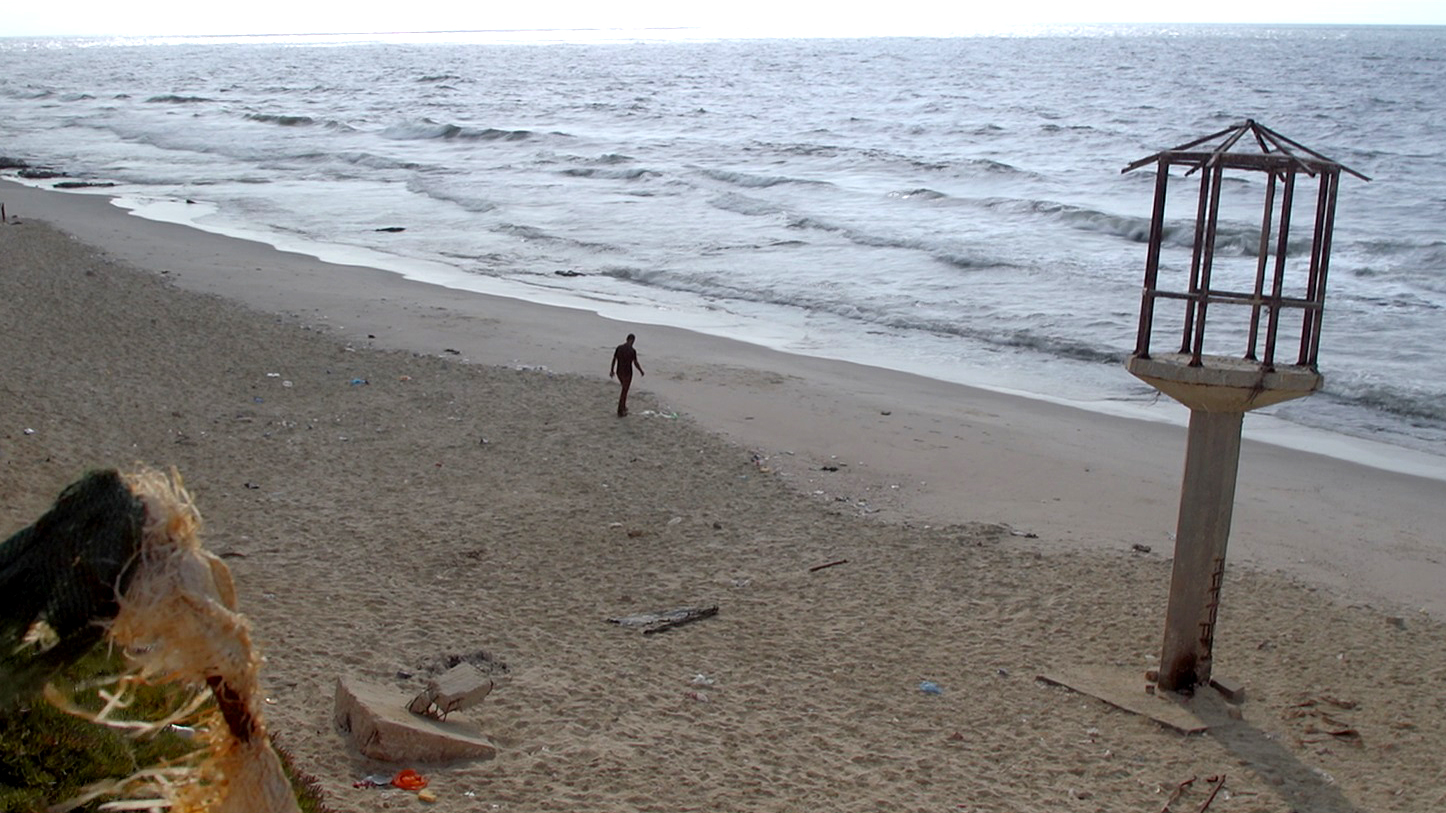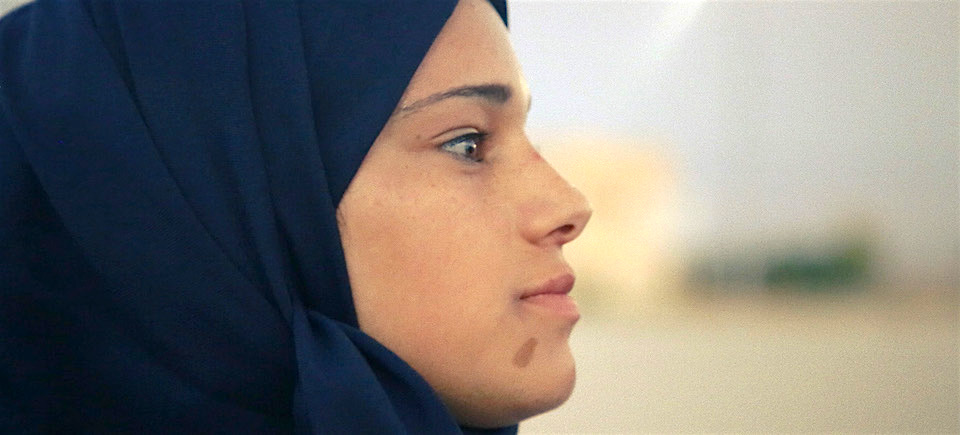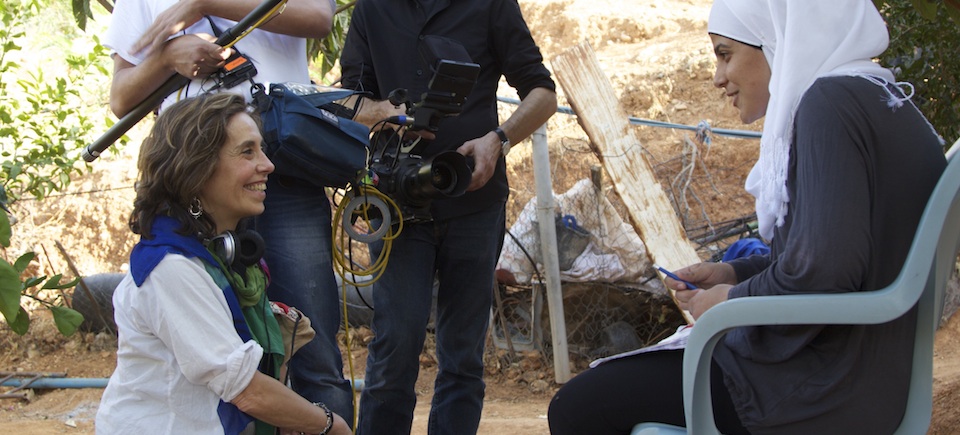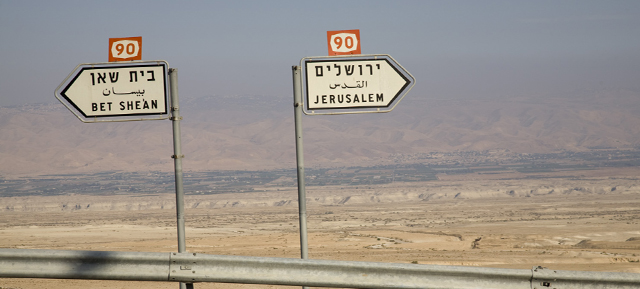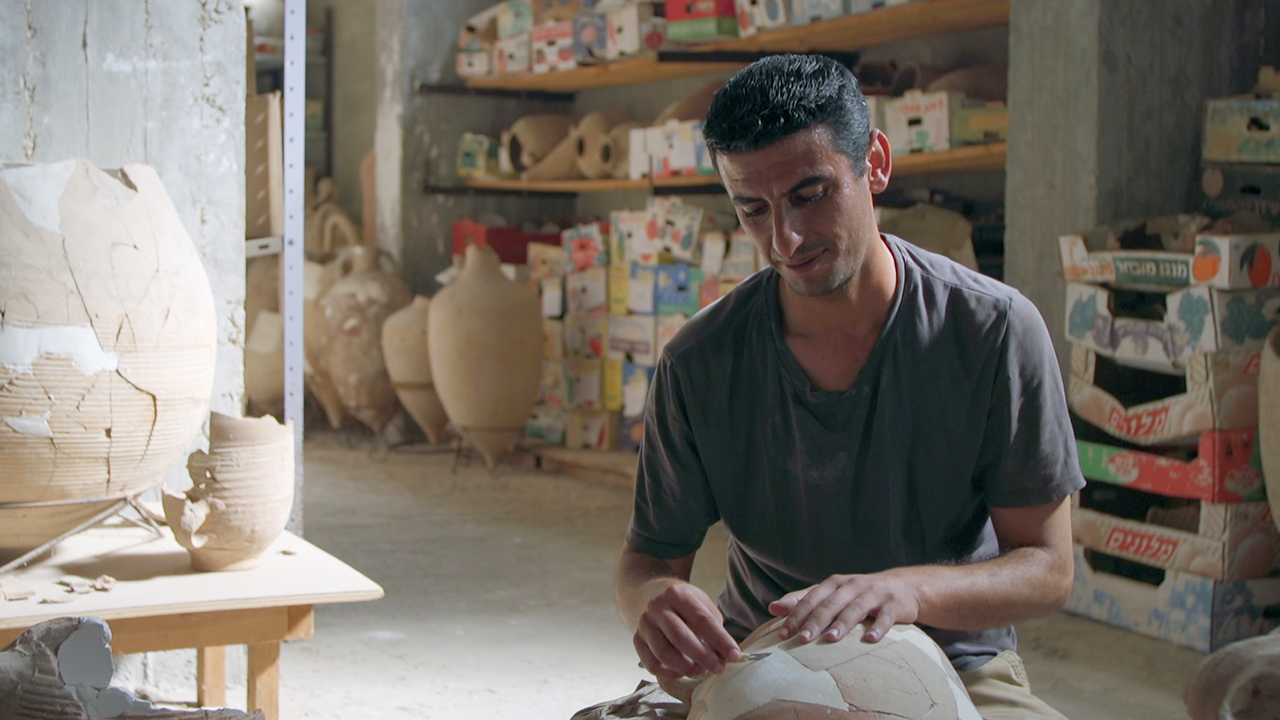
The Apollo of Gaza: The Discovery and Disappearance of a National Treasure
The Apollo of Gaza: The Discovery and Disappearance of a National Treasure
When I learned about the discovery (and equally sudden disappearance) of the Apollo of Gaza, I immediately began pondering the broader implications of this astonishing find. For me, the quest for the Apollo was a way into the history of not just an entire region, but also of the men and women who continue to create that history to this very day.
Shot in Gaza and Jerusalem, The Apollo of Gaza plays out like an archaeological thriller. The film tracks down people who’d seen or heard about this highly coveted national treasure. Was it just the work of forgers, or a gift from the gods to a Palestinian people desperately in need of hope?
What became of this mysterious statue with its potentially immeasurable historical value?
An intense covert war was being fought over the statue, between those driven by purely commercial interests and those concerned with preservation and art, every official and unofficial power apparently locked in a backroom struggle. The Apollo of Gaza is partly a chronicle of these claims and local and international political rivalries. But it’s also a reflection on the passage of time and the cyclical nature of history. A history that, for centuries, has witnessed the birth, boom and bust of great civilizations in a part of the world currently plagued by conflict—in this case, the interminable Israeli-Palestinian conflict, for which the besieged Gaza Strip continues to pay a heavy price.
With international media spewing endless images of war and poverty in Gaza, I felt it was vital that The Apollo of Gaza focus instead on the region’s lesser-known side. Here, against all odds, life continues to thrive, undefeated. Like a meteor streaking across the sky, the statue of Apollo brings a moment of light and beauty to Gaza, helping to restore dignity to its people and waking a sense of national pride that’s often been trampled. “Adversity makes you stronger,” says one of the players. Indeed, fleeting though it may have been, the statue’s sudden appearance in the day-to-day torments of life on the Strip has unexpectedly helped spark a cultural revival.
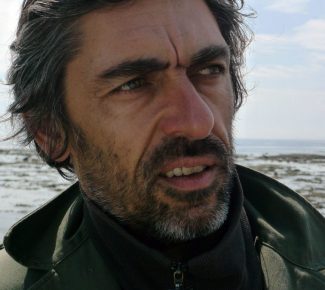
In its own way, the enigmatic artwork breathes new life into a neglected, all-but-forgotten history. For younger generations, the Apollo of Gaza can bridge past and present as it points the way to a brighter future. Like entrepreneur and collector Jawadat N. Khudary, rapturously watching his flowers bloom, the film advocates patience: the sole guarantor of the peace that will surely one day blossom on these forsaken shores. A place abandoned by all except Apollo, the unlikely messenger of the gods, suddenly tossed up by the waves.
After taking a look at the region and its issues from a political standpoint (L’Accord, 2005), and then focussing on the men and women who live there (Aisheen – Still Alive in Gaza, 2010), I decided to take a more philosophical or even metaphysical approach in The Apollo of Gaza, asking about the gods and spirits who inhabit the region. In this sense, I like to see it as the final instalment of a trilogy. The Apollo of Gaza marks the culmination of a 15-year journey that began in 2003 and ended in 2018. Enough time, I hope, to not only fully explore the land, but to also map its political, psychological, cinematic and poetic landscapes.
WATCH THE APOLLO OF GAZA:
The Apollo of Gaza, Nicolas Wadimoff, provided by the National Film Board of Canada
